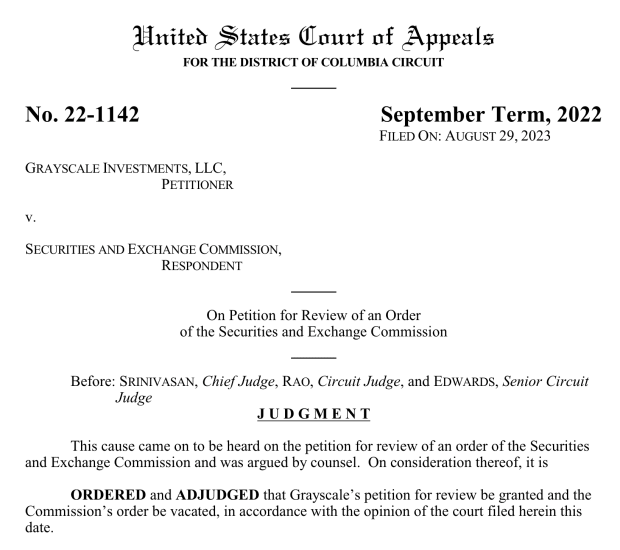New York Makes First Money Laundering Conviction Involving Cryptocurrency

In what the Manhattan District Attorney calls the first crypto money laundering conviction in New York, two defendants have pleaded guilty to running a drug trafficking business that laundered millions of dollars in Western Union and crypto payments.
According to an official announcement shared by the District Attorney’s office on April 24, 2019, Mark Sanchez and Callaway Crain have pleaded guilty to charges of money laundering through the sale of controlled substances on their website and on the dark web.
“These defendants raked in crypto and cash worth millions on their full-service website that sold prescription-free counterfeit steroids and other controlled substances to customers in all 50 states,” Manhattan District Attorney Cyrus Vance Jr. said, per the statement.
Callaway and Crain reportedly shipped 10,000 packages of illegal drugs across the United States between 2013 and 2018, generating millions in income using Western Union and Bitcoin as their preferred payment platforms.
The defendants laundered crypto payments through intermediary crypto wallets to conceal the source of funds before converting them to cash. Western Union payments, on the other hand, were laundered using “false identities, or through international wire transfers from foreign based receivers.”
Sanchez and Crain pleaded guilty to second-degree money laundering charges, as well as the criminal sale of illegal substances in the fifth degree. The defendants face a minimum jail term of two and a half years; the sentencing is expected to take place on July 12, 2019.
The case marks a new first among several recent crypto-related enforcements, as cryptocurrency-based crimes continue to receive formal definitions within America’s legal framework.
On April 23, 2019, a 21-year-old student at the University of Massachusetts was sentenced to a decade in prison after he was found guilty of stealing about $7.5 million in cryptocurrencies via a SIM-swapping scam. Official court documents detailed his exploits, which included a single operation where he transferred about $5 million in cryptocurrencies from an unnamed California-based crypto businessman.
On April 18, 2019, the Financial Crimes Enforcement Network announced its first-ever penalty on a peer-to-peer crypto exchange.
This article originally appeared on Bitcoin Magazine.









